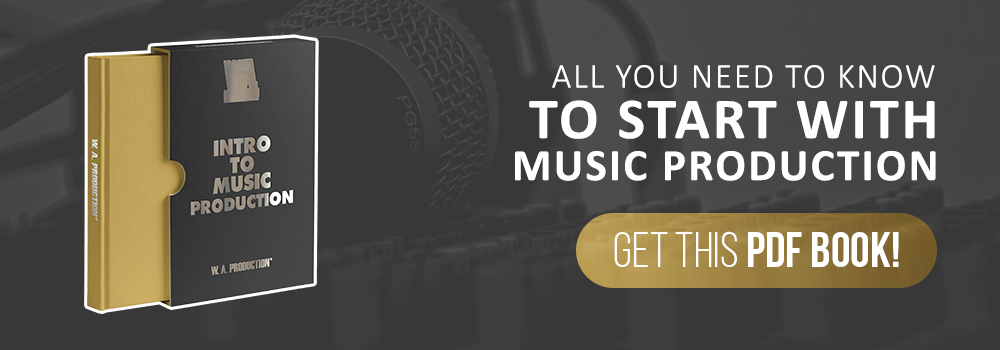One of the hardest parts of finishing music isn’t sound design or mixing — it’s arrangement. Many producers get stuck looping 16 bars, not knowing how to stretch it into a full track that flows. The truth is, you don’t need to reinvent the wheel. Successful tracks often follow time-tested blueprints — tried and true song maps that keep listeners engaged.
Here are 10 arrangement templates for EDM, Trap, Techno, and Cinematic music you can apply right now.

EDM Blueprint: The Classic Festival Banger
- Intro (16 bars) – filtered drums + riser.
- Build (16 bars) – add clap rolls, tension FX.
- Drop (32 bars) – full energy: kick, bass, leads.
- Break (16 bars) – pads, vocal chop.
- Build 2 (16 bars) – tension ramps higher.
- Drop 2 (32 bars) – slightly bigger/variation.
- Outro (16 bars) – energy fades.
💡 Hook placement: First drop arrives ~0:45 to grab attention.
Trap Blueprint: Hard-Hitting Beat Track
- Intro (8 bars) – simple melody + 808 tail.
- Drop/Verse (16 bars) – kick, 808, hats, lead vocal if present.
- Hook/Chorus (16 bars) – bigger 808, extra layers.
- Bridge (8 bars) – filtered drums or half-time variation.
- Chorus 2 (16 bars) – variation + vocal ad-libs.
- Outro (8 bars) – fade on loop.
💡 Pacing tip: Switch hi-hat patterns every 8 bars for movement.
Techno Blueprint: Long-Form Build Energy
- Intro (32 bars) – kick + hat groove, slow filter rise.
- Groove (32 bars) – add bass + percussion.
- Break 1 (16 bars) – drop to kick & atmosphere.
- Main Groove (64 bars) – gradual layering (synth stab, clap, shaker).
- Break 2 (32 bars) – filter sweep, risers, atmosphere.
- Drop 2 (64 bars) – maximum intensity, drive until outro.
- Outro (32 bars) – reduce to kick + hats.
💡 Energy curve: Techno thrives on long ramps and hypnotic layering.
Cinematic Blueprint: Trailer Style
- Intro (8 bars) – drones + atmosphere.
- Tension (16 bars) – strings, percussion building.
- Impact 1 (4 bars) – huge hit + silence.
- Build (16 bars) – rhythmic percussion, rising brass.
- Climax (16 bars) – full orchestra, choirs, braams.
- Outro (8 bars) – fade to drone.
💡 Hook placement: The impact hit is your hook — build towards it.
Progressive House Blueprint
- Intro (32 bars) – percussion + FX risers.
- Layer 1 (32 bars) – bass groove enters.
- Break 1 (32 bars) – stripped-down pads + vocal sample.
- Drop 1 (32 bars) – melody + bassline.
- Break 2 (32 bars) – alternate pads, filter sweep.
- Drop 2 (64 bars) – bigger, extended energy.
- Outro (32 bars) – fade elements one by one.
Future Bass Blueprint
- Intro (16 bars) – vocal chop atmosphere.
- Build (16 bars) – snare rolls + rising chords.
- Drop 1 (16 bars) – sidechained chords + modulated leads.
- Verse (16 bars) – quieter, vocal-led.
- Drop 2 (16 bars) – bigger with extra layers.
- Outro (8 bars) – pad fade.
Hip-Hop Blueprint
- Intro (4–8 bars) – sample or simple beat.
- Verse 1 (16 bars) – main rap section.
- Hook (8 bars) – vocal hook, full beat.
- Verse 2 (16 bars) – variation.
- Hook 2 (8 bars) – repeat, possible ad-libs.
- Outro (4–8 bars) – fade with hook or beat.
DnB Blueprint
- Intro (16 bars) – pads, atmospheres, filtered breaks.
- Build (16 bars) – risers, drum fills.
- Drop 1 (32 bars) – main drums + reese bass.
- Break (16 bars) – stripped drums, vocal sample.
- Drop 2 (32 bars) – heavier variation.
- Outro (16 bars) – fade drums.
Pop EDM Crossover Blueprint
- Intro (8 bars) – chords + vocal phrase.
- Verse (16 bars) – vocal-led, minimal drums.
- Pre-Chorus (8 bars) – tension riser, melodic shift.
- Chorus/Drop (16 bars) – big synths, hook vocal.
- Verse 2 (16 bars) – new lyrics.
- Pre-Chorus (8 bars) – repeat.
- Drop 2 (16 bars) – larger variation.
- Outro (8 bars) – fade.
Ambient / Chill Blueprint
- Intro (16 bars) – pad layers fade in.
- Section A (32 bars) – soft beats, evolving textures.
- Section B (32 bars) – new melody enters.
- Bridge (16 bars) – drone or texture only.
- Section C (32 bars) – combine A+B.
- Outro (16 bars) – fade pad tail.
The Takeaway
These arrangement blueprints remove the guesswork. Start with a proven map, drop your ideas into the slots, and tweak. You’ll spend less time worrying about structure — and more time finishing tracks.
Apply It Today
Apply a blueprint to a WA Production template or your current project. Compare your arrangement in 15 minutes and hear how much smoother it flows.

















_Cropped.png?width=1600&name=02%20(2)_Cropped.png)




















Your Comments :